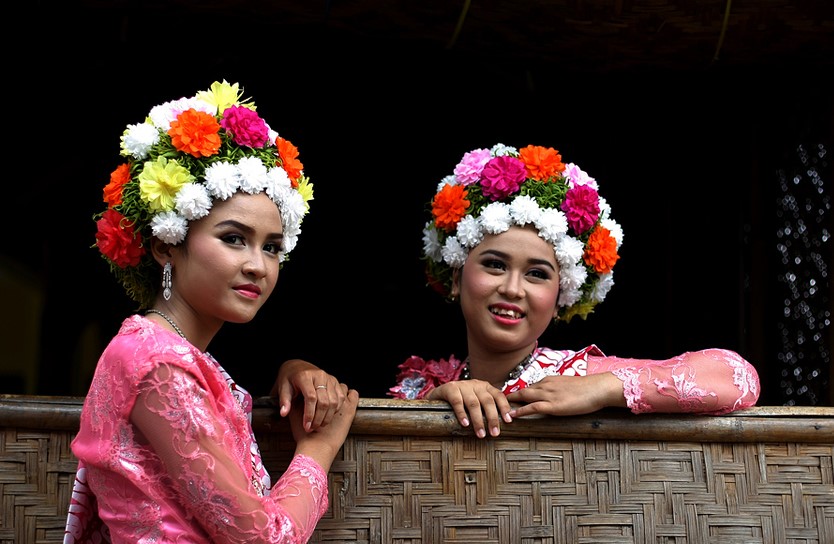Jakarta: Indonesia is now capable of competing with international players in the skincare industry, according to Rizka Andalucia, Acting Head of Indonesia’s National Agency of Drug and Food Control (BPOM).
“We have reached a point where we can compete with South Korea. Our domestic cosmetic industry is excelling, both in terms of packaging and product quality,” Rizka said in Jakarta on Friday.
Rizka highlighted Indonesia’s vast potential in skincare product development, particularly emphasizing aloe vera, which grows abundantly across the country.
“Aloe vera is plentiful in Indonesia, often growing wild and underutilized,” she noted.
According to Expert Market Research, the South Korean market for cosmetics reached a value of more than $17.45 billion in 2023. This market is expected to grow at a 5.4 percent rate annually between 2024 and 2032, reaching $28.02 billion by 2032.
Meanwhile, Indonesia’s cosmetic industry is catching up. According to BPOM data, the number of cosmetic companies in Indonesia increased from 913 in 2022 to 1,010 in 2023. The national cosmetics industry has also penetrated the export market, with cumulative exports of cosmetics, fragrances, and essential oils reaching $770.8 million from January to November 2023.
Among the products produced by Indonesian cosmetic companies, personal care dominates the market with a volume of $3.18 billion in 2022, followed by skincare at $2.05 billion, cosmetics at $1.61 billion, and fragrances at $39 million.
The natio


